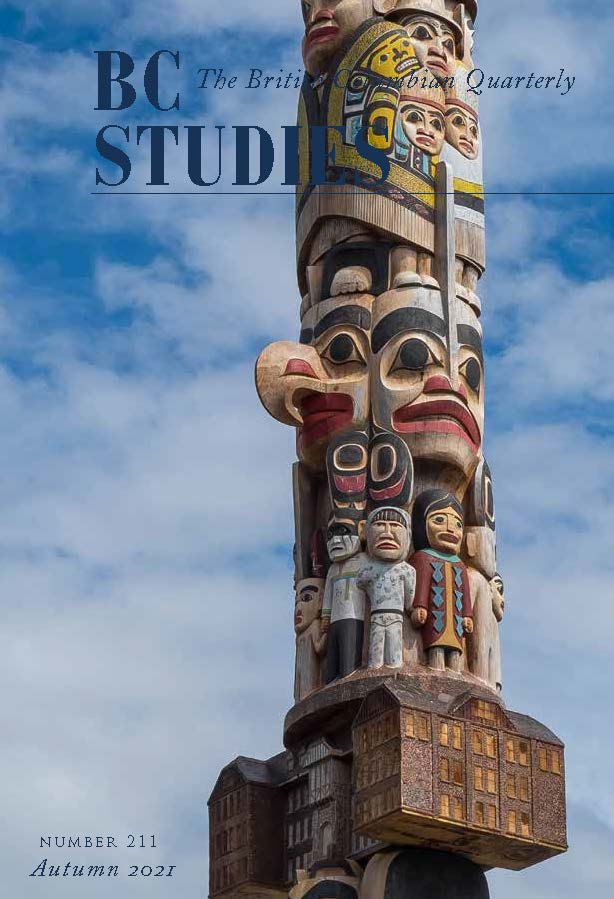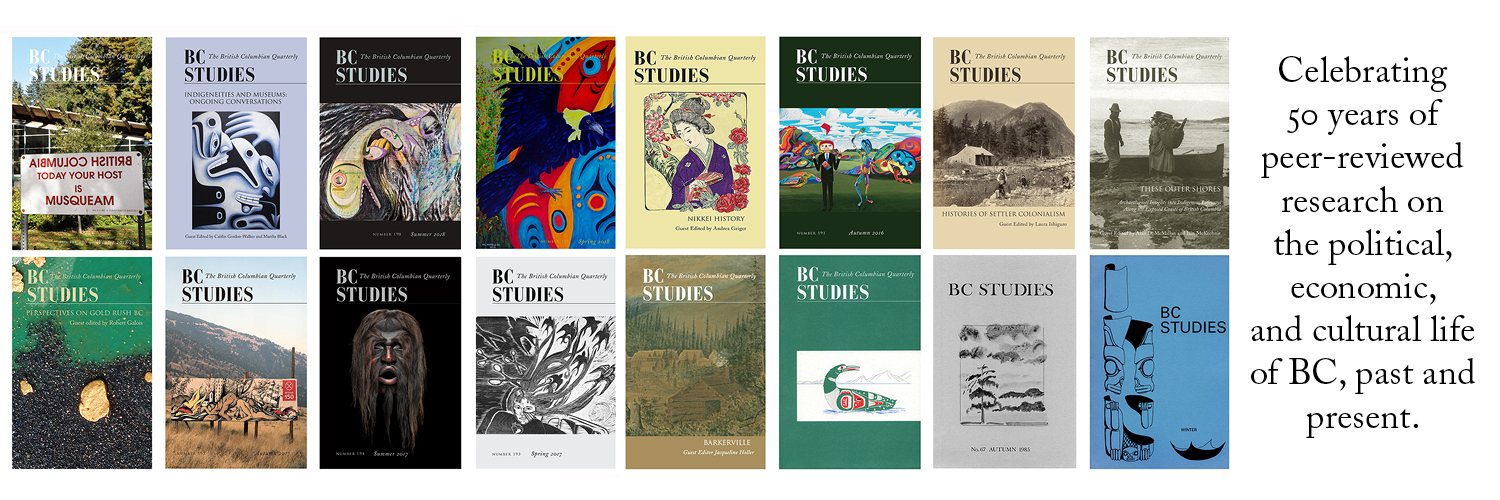Expert Witnesses’ and Lawyers’ Perspectives on the Use of Archaeological Data as Evidence in Aboriginal Rights and Title Litigation
DOI:
https://doi.org/10.14288/bcs.vi211.193425Keywords:
Aboriginal rights, anthropology, archaeology, lawAbstract
Expert witnesses provide opinions to courts to help the judge or jury understand complex, technical, or controversial facts presented in trial evidence. In Aboriginal rights and title litigation in Canada expert witnesses are often essential sources of primary facts, of opinion used by courts in weighing evidence, and of testimony regarding agreement and non-agreement of different types of evidence, including archaeological, oral historical, documentary, and ecological. This article examines results from interviews with archaeologists and lawyers, all currently or previously working in British Columbia, to assess the role of expert witnesses in relation to archaeological data presented as evidence in Aboriginal rights and title litigation. We interviewed twenty-one archaeologists who have acted as expert witnesses and nine lawyers with whom they have worked. All interview participants emphasized both that archaeology’s ability to show the extent of pre-contact land use made it an essential source of evidence and that limitations inherent in the archaeological record and prevailing methods, including the inability to discriminate reliably among ethnic groups, constrained its utility as the primary basis for establishing Aboriginal rights and title.



